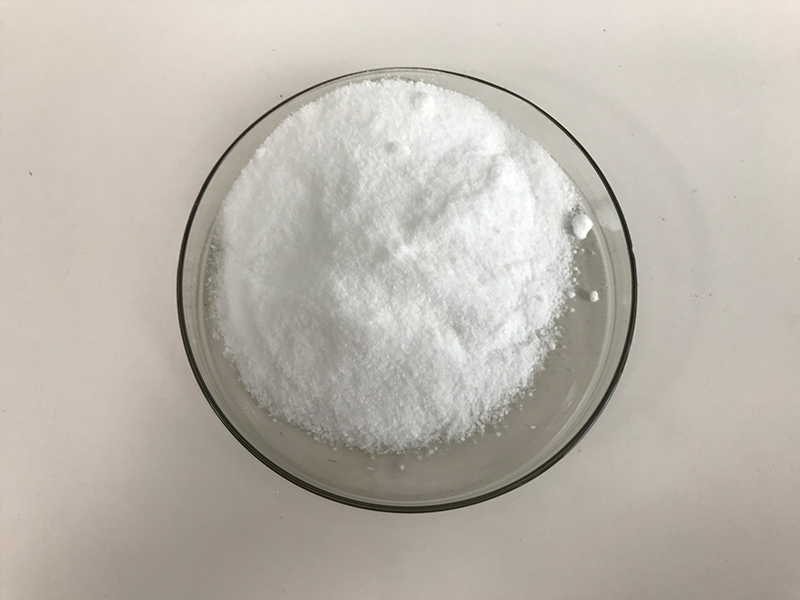Avobenzone is primarily used in sunscreens and skincare products for its ability to absorb a broad spectrum of ultraviolet (UV) light. It is particularly effective at protecting the skin from UVA rays, which are responsible for premature skin aging and some types of skin cancer.
Uses of Avobenzone
- Sun Protection: It’s commonly included in sunscreens to provide broad-spectrum protection against both UVA and UVB rays, though it is especially noted for its effectiveness against UVA rays.
- Anti-Aging: Since UVA rays contribute to the breakdown of collagen and the development of wrinkles and fine lines, avobenzone’s role in blocking these rays can help prevent premature aging of the skin.
- Pigmentation Issues: By protecting the skin from UV-induced damage, avobenzone can also help reduce the risk of hyperpigmentation, sunspots, and melasma.
- Cosmetic Formulations: It is used in various skincare products, including foundations, moisturizers, and lip balms, to protect the skin from the harmful effects of UV exposure.
- Non-Irritating: Compared to some other sunscreen ingredients like oxybenzone or avobenzone, it tends to be less irritating to sensitive skin, making it a good option for those with sensitive skin.

However, avobenzone can degrade when exposed to sunlight, so it is often combined with stabilizers or other ingredients to enhance its effectiveness and longevity in the product.
Adverse Effects of Avobenzone
Avobenzone is a common ingredient found in sunscreens and some cosmetics due to its ability to absorb ultraviolet (UV) light. While it is generally considered safe, there are a few adverse effects or risks associated with its use:
- Skin Irritation: Some individuals may experience mild irritation, redness, or itching upon application, especially if they have sensitive skin.
- Allergic Reactions: In rare cases, people may develop allergic reactions, which can include hives, swelling, or a rash.
- Eye Irritation: Avobenzone can irritate the eyes if it comes into contact with them, leading to discomfort or redness.
- Photosensitivity: Avobenzone is designed to protect the skin from UV rays, but it can also break down in the presence of sunlight over time, making the skin more vulnerable to UV damage if the sunscreen isn’t reapplied regularly.
- Chemical Sensitivity: Some individuals may be sensitive to the chemical itself, especially in higher concentrations, which could lead to an increased likelihood of skin reactions.
- Environmental Impact: Although not a direct adverse effect on users, there is growing concern about the environmental impact of chemical sunscreens, including avobenzone, particularly with respect to coral reefs and marine life.

If you experience any of these symptoms or have concerns about using products with avobenzone, it’s always a good idea to do a patch test before applying it more broadly or consult with a dermatologist.
